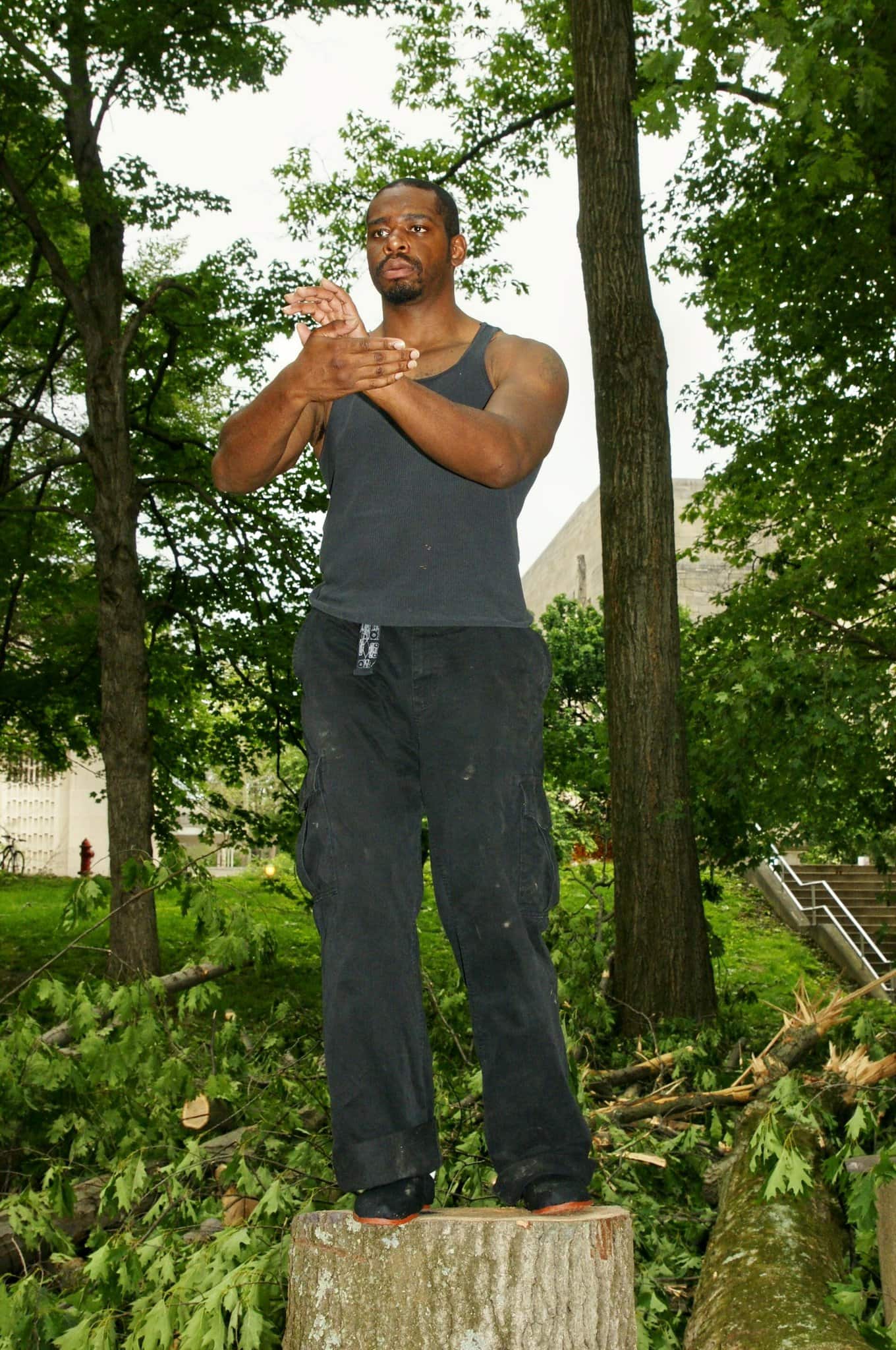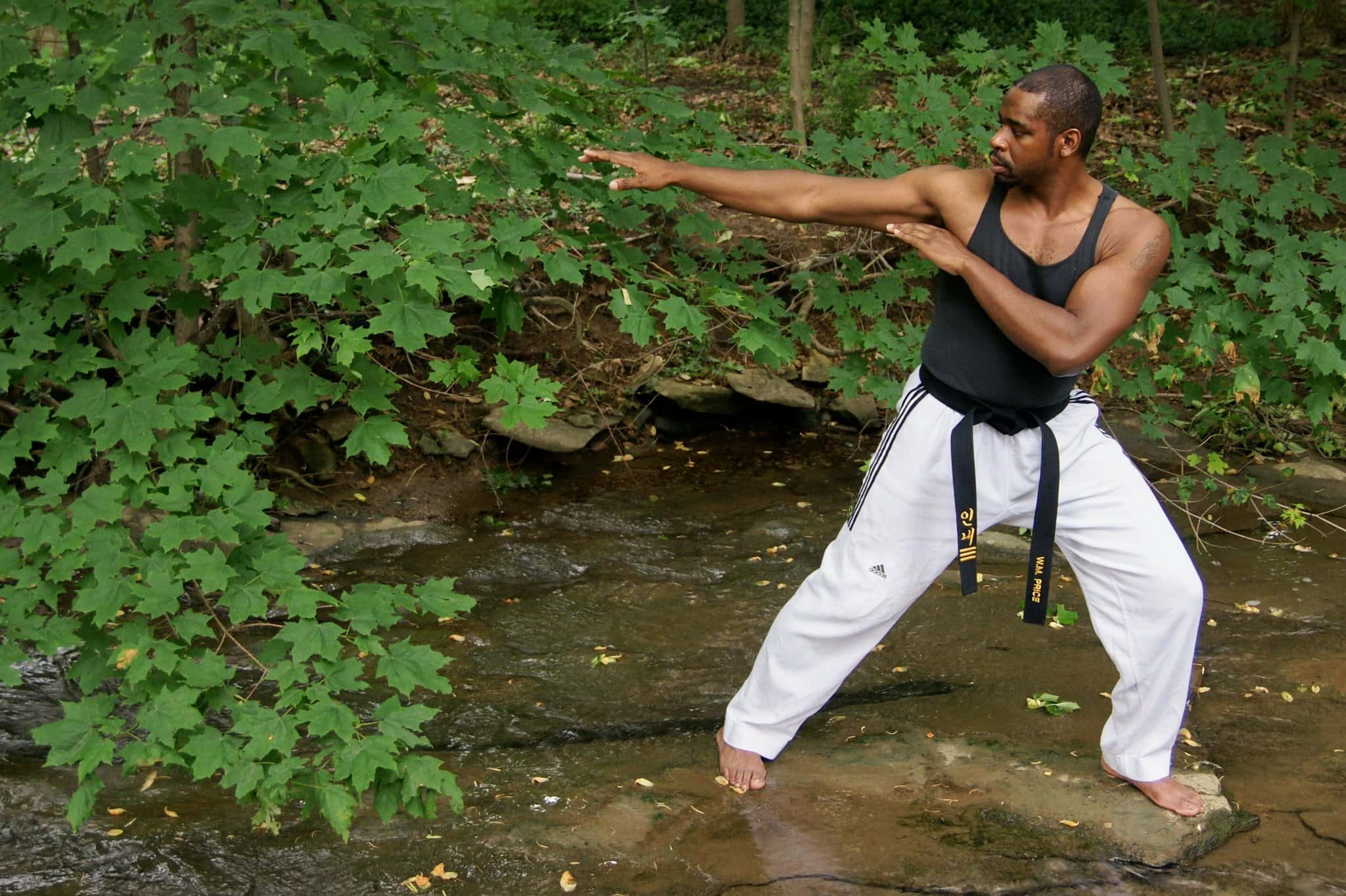The tidal wave of undocumented migrants who were crossing America’s southern border reached a record in December, topping more than 300,000 people. That was, of course, only a percentage of the people illegally flowing into the country through a hydra-headed human smuggling network.
Sen. Chuck Grassley has flagged new evidence contained in whistleblower disclosures and Health and Human Services records of suspected trafficking of migrant children and called for immediate action to find and rescue children placed in dangerous situations by federal officials.
While that flood of migrants is creating massive problems in the country, we do best not to forget the insidious worldwide crisis of human trafficking. It is a problem far worse than what we see unfolding at the border.
Among the troubling 2023 statistics on worldwide human trafficking, according to the U.S. Department of Defense, include:
● The sex trafficking industry reaps $99 billion annually through the forced sexual exploitation of 4.5 million people.
● Twenty-one million victims of forced labor generate $51 billion per year each year.
● One in six endangered reported U.S. runaways are likely to become victims of sex trafficking.
● Twenty percent of human trafficking victims – more than 1.1 million – are children.
Human trafficking is not just a border crisis. Our country’s second-biggest illegal enterprise affects every state, county, and city. Though it can stem from migration, other factors often include homelessness and a lack of economic stability.
When it comes to combating human trafficking, it can all too often feel as though the problem is simply being shifted from community to community instead of being addressed at its root. Truly addressing it will require every citizen and community to commit themselves to fixing the problem once and for all. Simply put, it requires grassroot efforts and a willingness for us all to become active voices in the fight against human trafficking.
The first step is to raise awareness that this crisis is real and widespread. As a committed voice against trafficking, I hear all too often that “it’s not happening in my community, so why should I care?” Too many Americans are, unfortunately, oblivious to the fact that it almost certainly is happening in their communities in some way, shape or form. We need more community-wide awareness campaigns and school programs. We need civic-minded corporations to use their platforms to educate consumers about what trafficking looks like in all of its many forms and how to stop it.
The ultimate goal of awareness is to transform passivity about human trafficking into action against it. It’s time for individuals to ask themselves, “What am I doing to help those children, women and men who cannot help themselves?” That question drives the work of those who seek to combat human trafficking and, quite frankly, it is the core question that separates good, decent, and honorable people from those whose indifference contributes to this crisis.
We must also recognize that we have a responsibility to hold those accountable who commit such heinous acts against humanity. There are areas of our country where state and federal laws are not being enforced for a multitude of reasons.
This makes it hard to trust that tougher, future policies will be realized if we are not enforcing laws on the books today. Furthermore, if there are laws that are not being enforced because they are not working, it is essential that we find out why. This is especially true when it comes to ignoring the brute force of coercion and not holding the powerful and influential accountable for their involvement in trafficking.
This also goes hand-in-hand with electing the right leadership that is fully committed to the issue. Our elected officials should have to prove – not just talk about – what they are actively doing to protect our children. Even if you agree with candidates and officeholders on other issues, they don’t deserve our support if they aren’t doing anything to protect the innocent from trafficking.
Additionally, I implore the media to use its collective power for good. It’s imperative for media outlets to commit themselves to telling every last story of those who have been trafficked in the communities they serve.
The opportunities for these platforms to educate, assist and raise awareness are endless and I’m often sadly left questioning why they aren’t taking advantage of their ability and responsibility to amplify these voices.
Our children and nation cannot afford for us to remain passive. The time to act is long overdue. What will you do to become an active voice against trafficking in your community?
Chris Meek is a Voices Against Trafficking charter media and board member.




